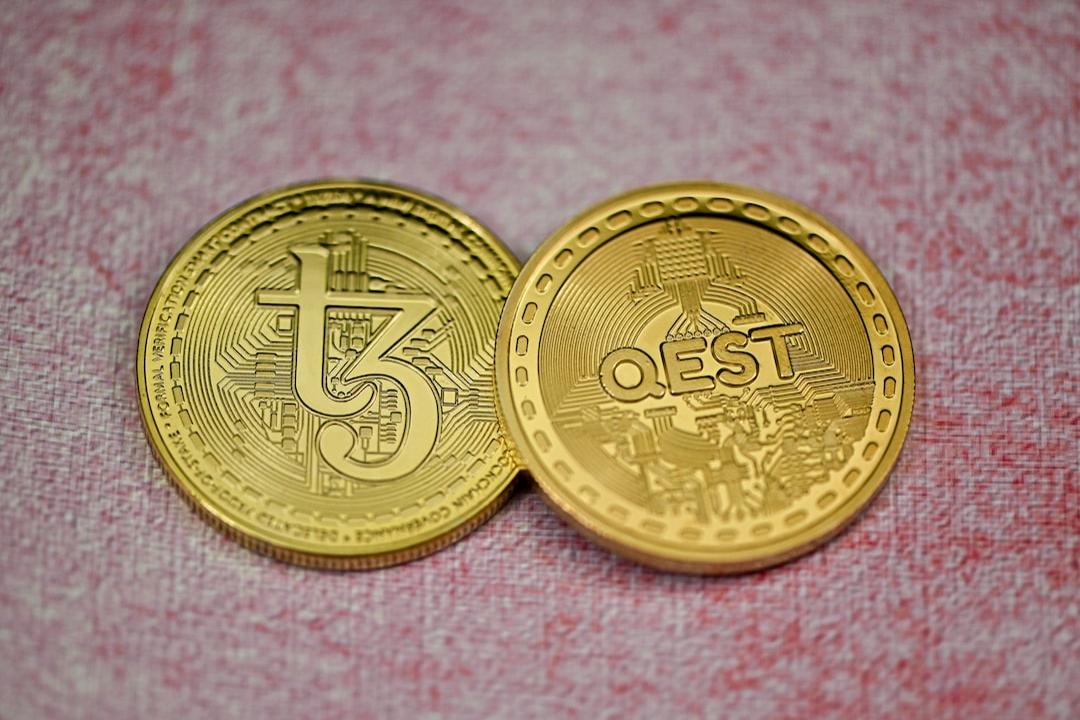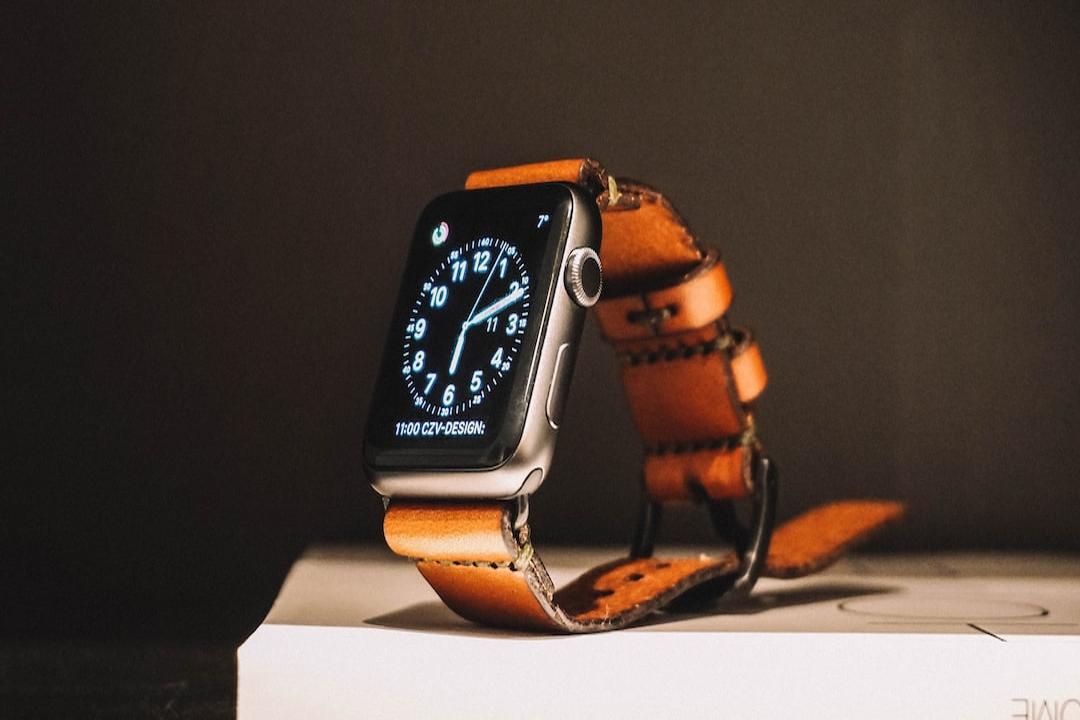GameFi projects are making a strong comeback after a quiet 2022 and 2023, fueled by the current bull market.
This week, the move-to-earn protocol StepN announced a partnership with Adidas to release 1,000 Genesis Edition nonfungible tokens (NFTs) on the Solana blockchain. This collaboration is part of a year-long partnership between the two companies, which will include a combination of NFTs and wearable sneaker releases in the future. Each NFT sneaker from the Genesis Edition collection will be valued at 10,000 GMT ($2,200).
StepN, created by FSL in 2021, allows users to earn rewards by simply walking, jogging, or running. After purchasing a virtual Sneaker NFT and linking their smartphones to the app, users can earn GMT tokens through app interactions. These tokens have an inflationary mechanism, a supply cap of 6 billion, and a current diluted market capitalization of $1.2 billion.
Shiti Manghani, CEO of StepN, commented, “The partnership between the most popular lifestyle app and a global brand like Adidas becoming a reality shows the direction that lifestyle rewards are heading.” Last week, StepN also announced a $30 million airdrop for its loyal users.

While StepN focuses on NFTs, other protocols are more hardware-oriented. Ordz Games recently unveiled its first Web3 handheld gaming device called “BitBoy One.” Inspired by the original Nintendo GameBoy from 1989, this device allows players to earn Bitcoin (BTC) by playing retro-style games.
Through BitBoy’s native applications connected to the Bitcoin blockchain, users can play a wide variety of video games that are permanently recorded on the blockchain. The device supports both Bluetooth and WiFi for multiplayer gaming. Additionally, each BitBoy device comes with a 3D rendering of the physical device, which can be viewed on a VR device like Apple Vision Pro. The official unveiling of the BitBoy One took place at Paris Blockchain Week.

Another trend in the GameFi space is the integration of video games. ARPG Seraph: In the Darkness, developed by Seraph Studio on the Arbitrum blockchain, has achieved impressive sales of over 11,000 Ether (ETH) through in-game NFT sales. These NFTs include heroes, priority passes, gear, and more. Seraph Studio is backed by Korean gaming giant Acrotz Soft-backed. The game is set to launch its pre-season on April 19 and offers a dark medieval setting where players can customize their heroes, battle monsters, and collect loot.
The pre-season of Seraph: In the Darkness introduces features that allow players to rent their in-game NFT equipment to earn rewards and discover treasure NFTs.
The game has been in development since 2021, with a total investment of $8 million in operations and research. During this time, the developers have incorporated new technologies, including multiplayer AI companionship, which will be available in the final release. The game is scheduled to launch on PC, iOS, and Android.

According to data from DappRadar, the number of unique active wallets in the GameFi sector has more than doubled in the past year, reaching 2.54 million. Yat Siu and Johnson Yeh, founders of gaming studio, previously predicted that “tens of millions” of players would enter the Web3 gaming space this year. However, GameFi projects have faced criticism for prioritizing the financial aspect of gaming over the fun factor, resulting in notable collapses in the past year.
Given these developments, it raises the question of whether GameFi is subject to the same market forces as the traditional gaming industry.

